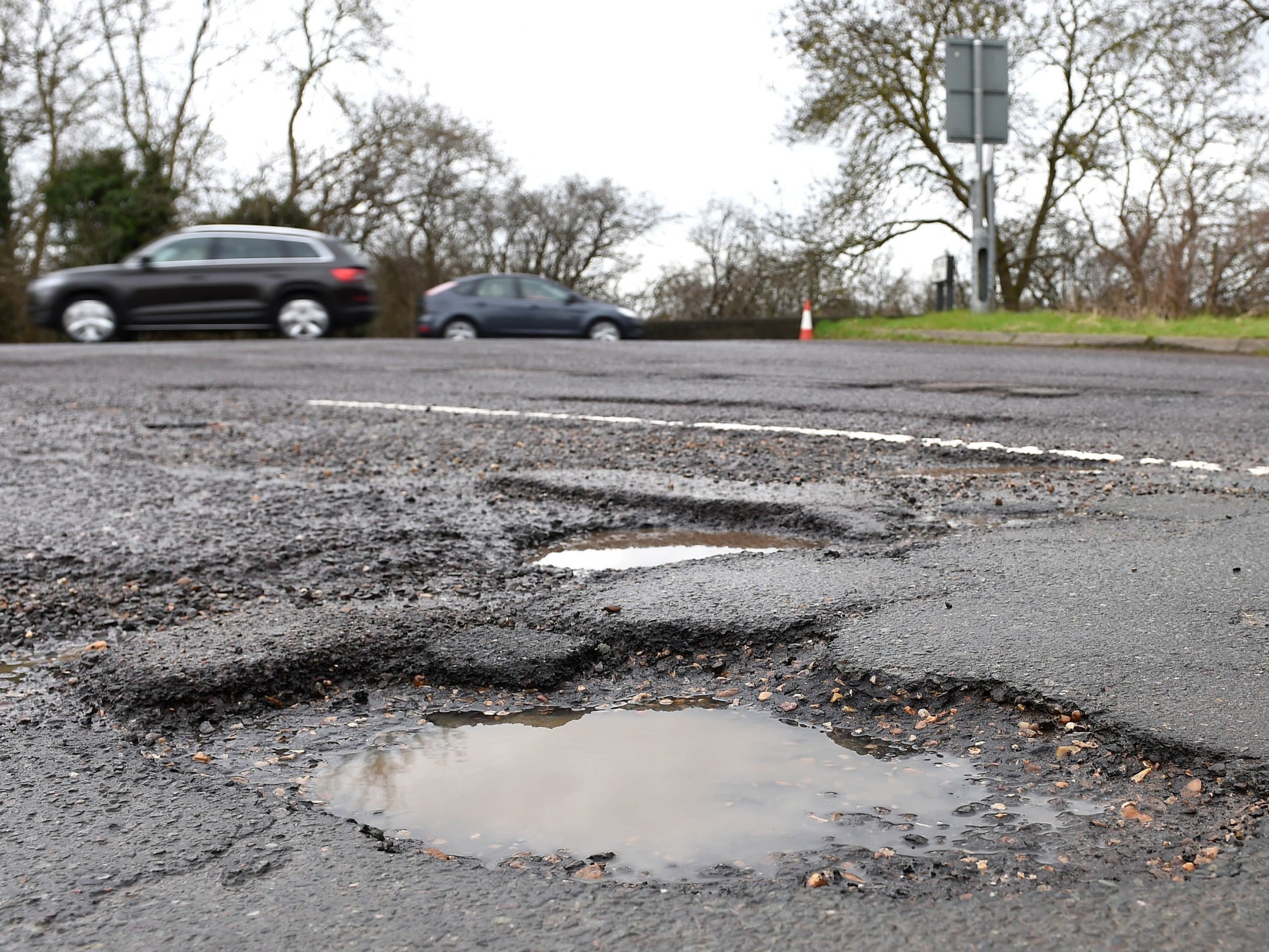The state of the road infrastructure in the UK has got noticeably worse over the last two years and potholes have become a major problem for drivers in many counties.
In Buckinghamshire, the council website which lets motorists report serious potholes, now has comments like “This road is so bad it would be easier to tell you where there AREN’T any potholes”. The downside of all this is that drivers are now spending far too much time watching the road for the next tyre-ripping pothole rather than concentrating on the task in hand.
Unless a pothole has been previously reported, the chances of you successfully claiming the cost of the damage from your local council is virtually nil. As always the driver picks up the tab.
Drivers should fight back by reporting potholes on their local council website.
This not only encourages an early repair but means that once reported, the council is then liable for any claims by any other motorists. Very few people are aware of this fact. If you do hit a pothole and suffer damage, make sure you visit your local council website to see if has previously been reported by someone else. If it has – get your claim in for the damage caused as quickly as possible.
Regrettably, the situation is likely to get much worse as cash-flow problems starts to take priority over driver safety.
Incredibly, we hear that potholes on motorways have now been redefined so that smaller ones will not be repaired until they constitute a more serious threat. The Highways Agency is now introducing rules that state contractors are not to carry out emergency repairs unless a pothole is more than 4cm deep or 15cm wide.
Whatever happened to “a stitch in time saves nine?” you may well ask.
In a country that suffers from severe frost every year, small potholes can very easily turn into tyre-crunching, wheel buckling chasms over a single weekend. It’s all very well saying the driver should keep a look out for such problems but the reality is that you often do not see them until it is too late. This is particularly the case on wet days when the hole is filled with water.
The Highways Agency claim that the change in policy will cut the cost of maintenance by 20%. That may well be the case, but the real cost to the motorist is likely to be an awful lot higher than that.
